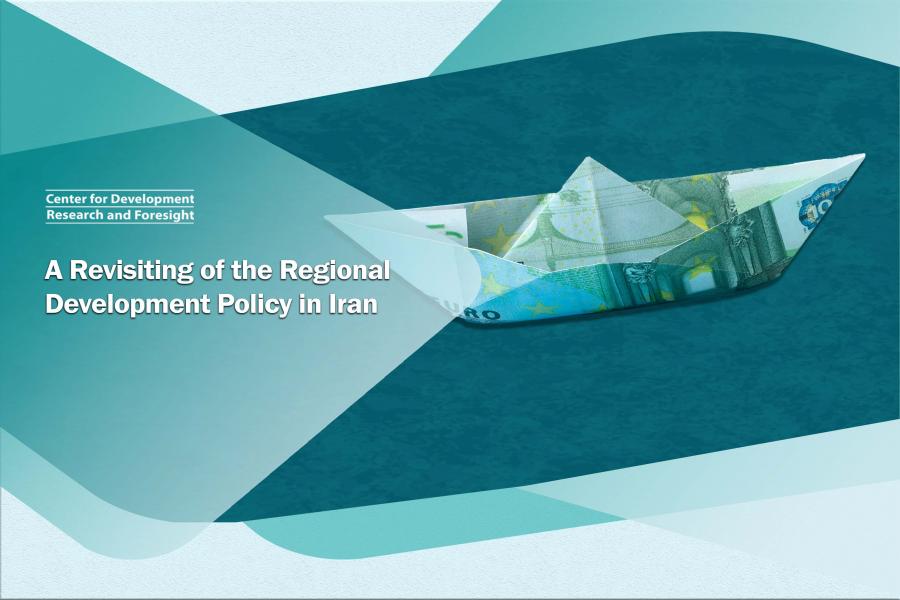
-
بررسی آییننامهها و دستورالعملهای برنامه هفتم پیشرفت
-
بررسی عوامل موثر بر افزایش تصادفات و تلفات جادهای و سوانح رانندگی و دادهکاوی تلفات انسانی
-
سازماندهی و بازآرایی فضایی آموزش عالی کشور
-
به روز رسانی سند ملی آمایش سرزمین
-
انجام مطالعات مناطق آزاد به عنوان نواحی پیشران اقتصادی کشور
-
اصلاح ساختار بودجه و پیاده سازی نظام یکپارچه مدیریت اطلاعات مالی دولت (IFMIS)

This report elucidates the paradigm shifts pertaining to regional development policies in Iran. These policies have been predicated on two diametrically opposed economic growth strategies: the growth pole strategy, which centralizes investments in central regions, and distribution and redistribution policies, which are fundamentally anchored in principles of social justice. Regrettably, both these approaches have culminated in resource wastage and regional imbalances.
Moreover, this report offers a critique of land development policies that disproportionately prioritize distributive justice, thereby neglecting key stakeholders and local social capacities. To rectify these challenges, this report underscores the imperative of bolstering the capabilities of government institutions at both local and regional levels. These institutions can serve as catalysts for development and function as intermediaries between decentralization efforts and development initiatives.
In this context, regional government institutions assume a pivotal role, transitioning from mere implementers of top-down policies to active and relatively autonomous entities. They integrate themselves into effective accountability networks, thereby contributing to stability and fostering inclusive growth within their respective territories.



